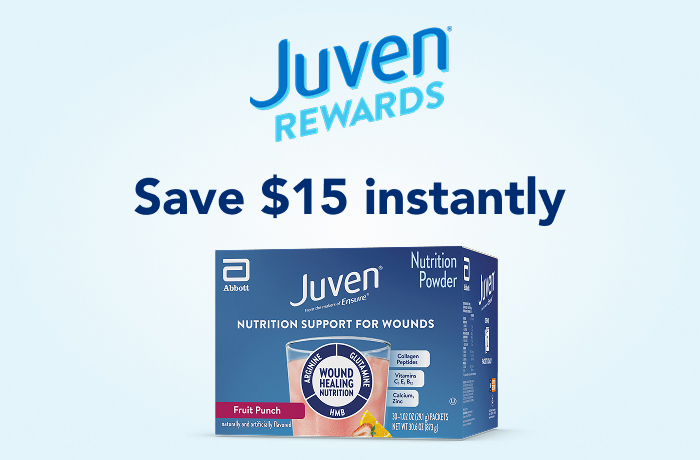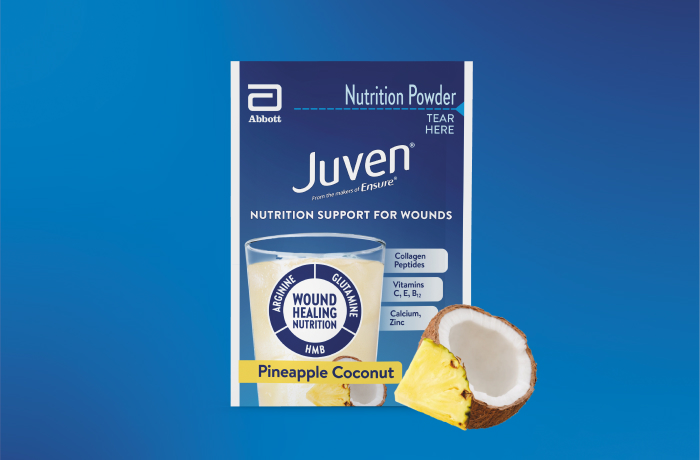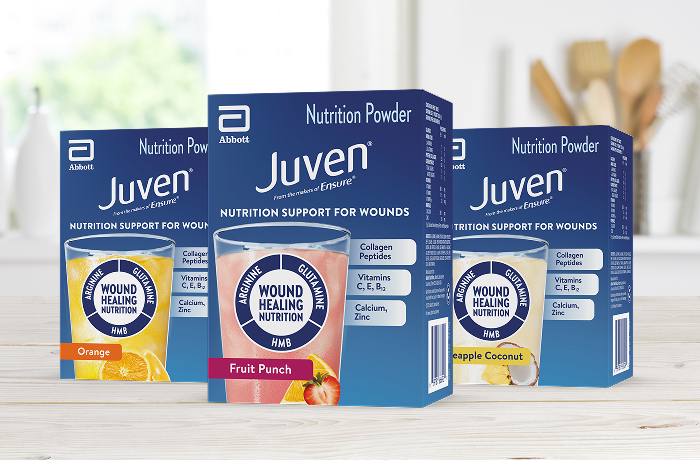
You have clicked on a page that is meant for healthcare professionals.
This section includes technical information. If you are a healthcare professional, click the “Continue” button below. Otherwise, click “Return” to stay on the main site.
Yes, I am a healthcare professional and would like to continue.





